
OR
Parliamentarians stress on "implementation" as they welcome Safe Motherhood Bill
Published On: August 15, 2018 01:00 PM NPT
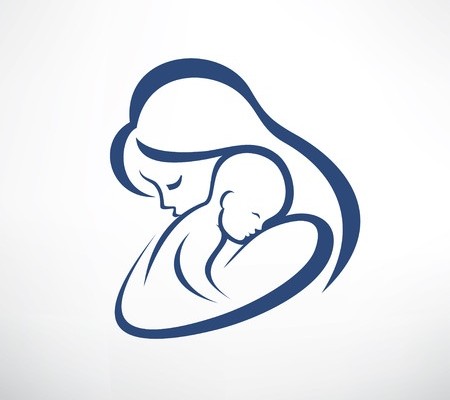
KATHMANDU, Aug 15: While praising the Safe Motherhood and Reproductive Health Bill, parliamentarians have urged the government to ensure that women from rural parts of the country, who work throughout the year to make ends meet, are also addressed.
“The proposed Bill is welcomed. However, it also must encompass women who have been left out from the white colored job spectrum: women from rural areas who struggle to make ends meet,” parliamentarian Pushpa Bhusal from Nepali Congress said. “Even now, pregnant women work throughout the year in villages. Such activities increase risks to both the mother and the child.”
The right to health has been enshrined as a fundamental right in the constitution. Once approved, all private, governmental and non-governmental organizations must allow paid maternity leave of 98 days. The to-be mothers will also be allowed for additional month’s paid leave in case of complications that poses risks to both the mother and the neonate.
To effectively implement the Bill, all local bodies will have to set aside budget for maternal and neonatal health services. The health facilities will also be required to expand their technical and human resource competence to provide quality facilities to service seekers.
In addition, the bill has also provisioned access to safe abortion services and maternal health right. It has prohibited breach of confidentiality, forceful abortion or abortion after identifying gender of the baby. In case of breach, individuals can be punished with a jail term from minimum of three months to a year and fines from Rs. 50,000 to Rs. 100,000 or both.
It has also prioritized that government and community health facilities over private hospitals. In cases where government hospitals refer patients to private institutes, despite having competency and technical capacity, those involved can be punished for up to six months or fined Rs. 50,000 or both.
However, parliamentarians have highlighted the need for effective implementation, “a lesson that the government must learn from the past,” according to parliamentarian Durga Paudel from Rastriya Janamorcha. She said that Nepal had repeatedly faltered with effective implementation. To do so, “the government must have competent health officers throughout the country and expand its services.”
Meanwhile, other parliamentarians including Bharat Kumar Shah (Nepali Congress) and Shashi Shrestha (Nepal Communist Party) said that the government would also need to ensure that each pregnant woman had access to nutritious food. “Despite being late, the bill is commendable. The only concern rests in implementation,” Shrestha said.
You May Like This

Nepal online trade: Decorating Nepal
Nepal Online Trade is a business initiative of Sajak Yonjan that sells décor materials imported from China, Hong Kong, and... Read More...

Govt should prioritize Miss Nepal: Miss Nepal Shrinkhala Khatiwada
MAKWANPUR, April 24: Newly crowned Miss Nepal World 2018, Shrinkhala Khatiwada has urged the government to prioritize the pageant as... Read More...

Standard Chartered Bank Nepal, Nepal Mediciti join hands
KATHMANDU, Mar 1: Standard Chartered Bank Nepal Ltd (SCBNL) and Nepal Mediciti have signed an agreement to provide various discounted... Read More...


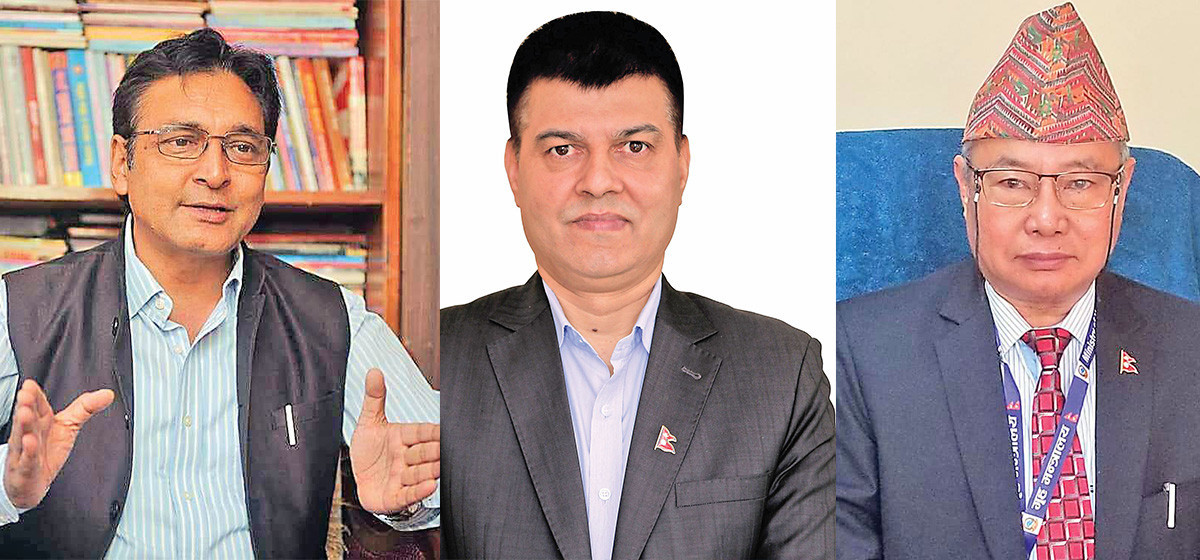
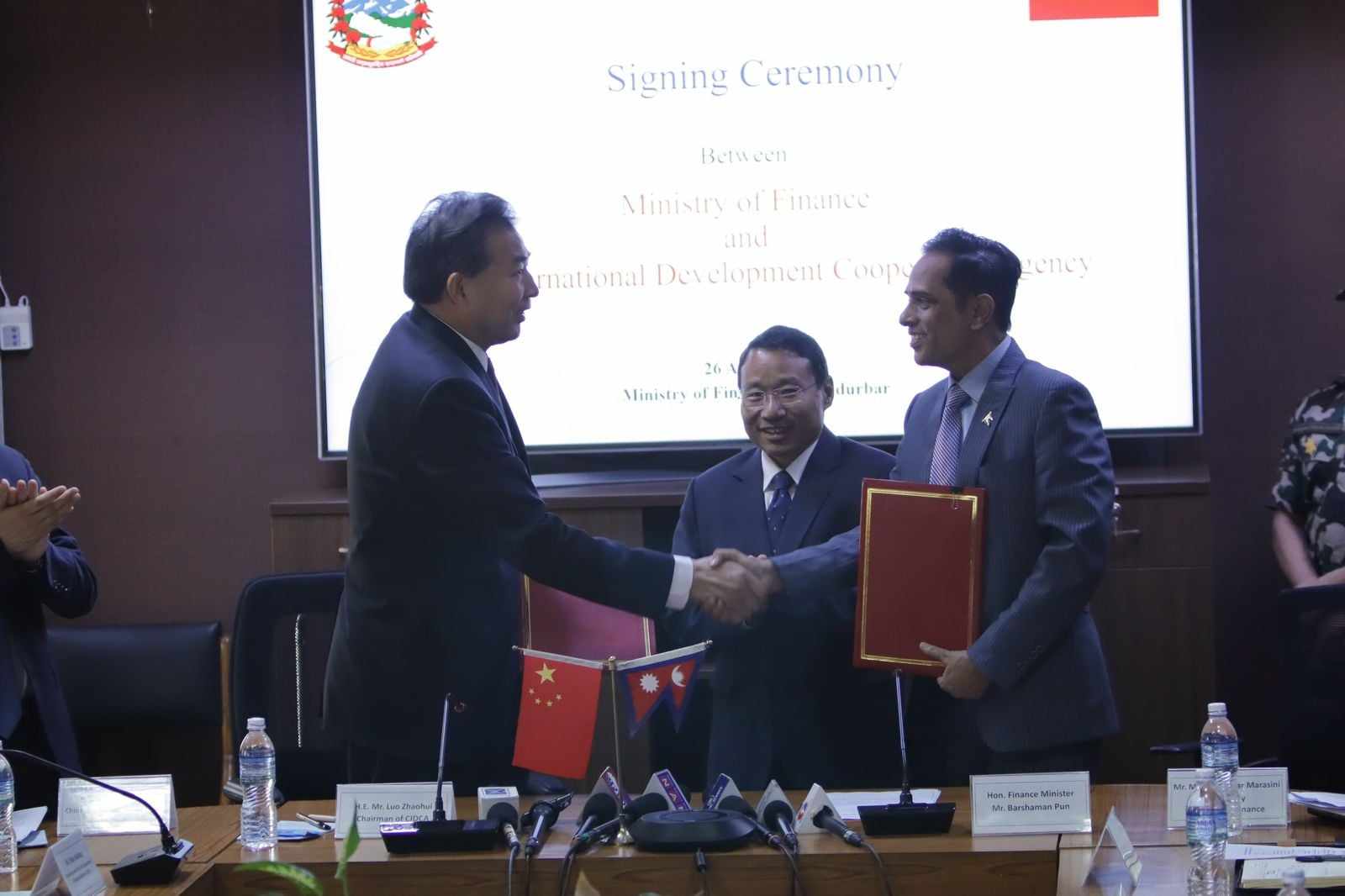
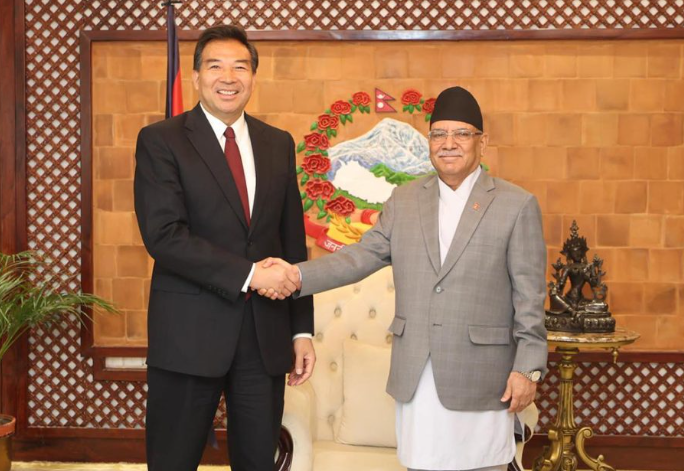

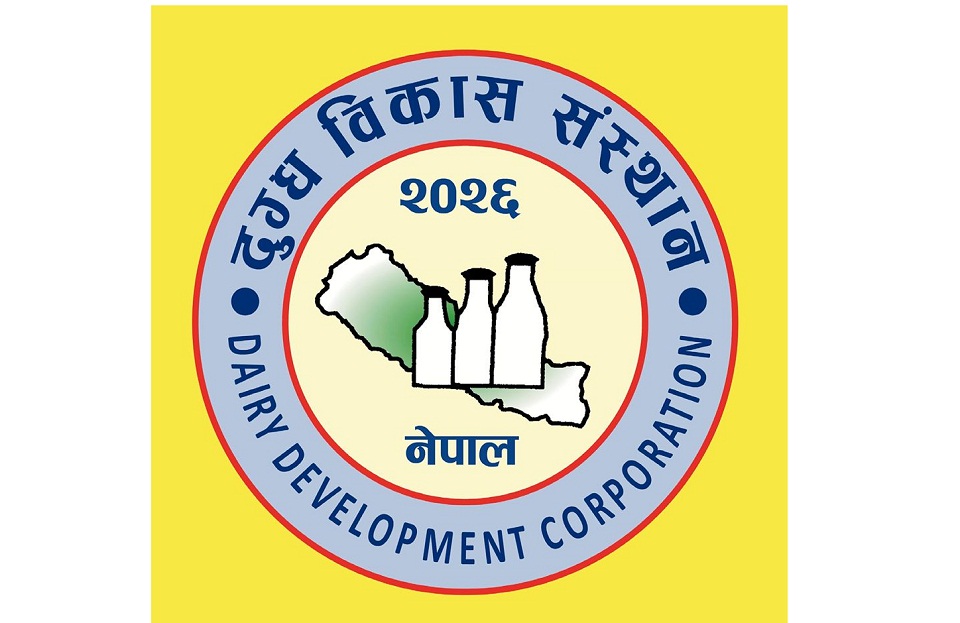

Just In
- Fake Bhutanese refugee case: SC orders continued pre-trial detention for seven individuals including former DPM Rayamajhi
- ADB Vice-President Yang pays courtesy call on PM Dahal
- PM Dahal, Chairman of CIDCA Zhaohui hold meeting
- MoFAGA transfers 8 under secretaries and 11 section officers (with list)
- PM Dahal arrives in Morang
- DDC pays Rs 480 million dues to farmers
- Police arrest seven Indian nationals with 1.5 kg gold and Rs 14.3 million cash
- Gold price increases by Rs 1,400 today








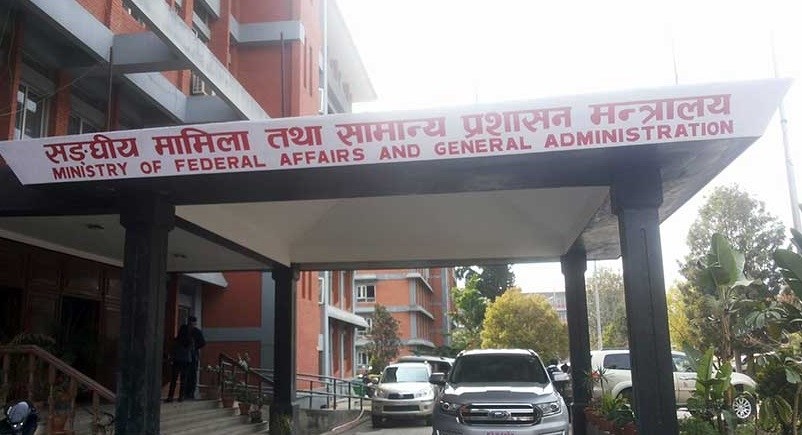

Leave A Comment